Introduction:
It is clear to anyone how important hormonal health is, but most men do not pay much attention to it. How many of you realize that male total testosterone has a tendency to decrease by roughly 1% every year from thirty? This decline is gradual and it produces all sorts of effects that are associated with physical health, emotional well-being and cognition. In this case, the author went straight into specifying hormonal health of men, including, symptoms, causes, and how to deal with it. Knowing about hormonal health will also help let you know when something is wrong and what needs to be done to fix it.
What is Hormonal Health?
Sensitiveness and coordinated interplay of hormones in a human body or overall functioning of hormones in the organism is defined as hormonal health. Hormones are chemical messengers that facilitate the movement of chemical information within the body and are made up of metabolism, reproduction, mood, and energy. In men the most important endocrine products include; testosterone, cortisol and thyroid hormones.
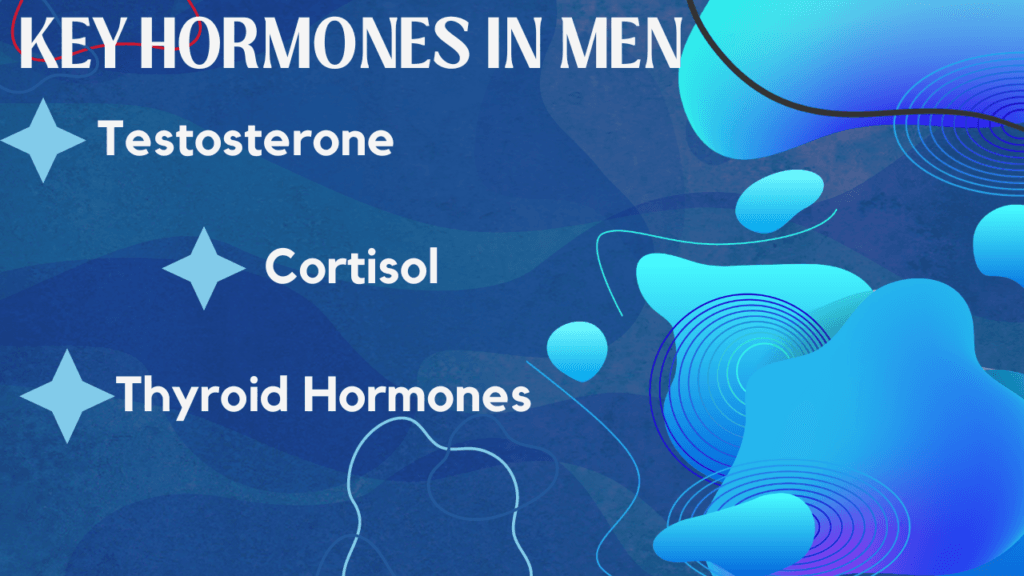
Key Hormones in Men:
- Testosterone: Anabolic steroid, and is incurred depending on sexual desire, muscle mass, and bones strength.
- Cortisol: Another hormone often referred to as the stress hormone is required to regulate the normal metabolism and immune response.
- Thyroid Hormones: Bring balance in metabolism and energy which is very essential for maintaining healthy living.
Understanding what those hormones are and what they can do to your body is the first step in trying to protect your hormones.
Common Symptoms of Hormonal Imbalance in Men:
For symptoms of hormonal imbalance to be seen early enough one must appreciate the signs. Here are some common signs to watch for:
Physical Symptoms
- Fatigue and Low Energy Levels: Less energy may indicate low testosterone or some other hormonal problem. Existing literature shows that males with low T levels claim to feel tired or have no energy.
- Changes in Libido: Low sexual desire is also an absolute indication of hormonal dysregulation. The Mayo Clinic points to low levels of testosterone as the cause.
- Weight Gain or Loss: This makes metabolism complex and so the person may gain or lose weight when he or she never expected. With reference to one conducted in 2017, it is realized that men with low testosterone levels tend to have high body fat.
Emotional Symptoms
- Mood Swings and Irritability: This is because the level of hormones may rise or drop resulting in either irritability or mood swings. According to Low Testosterone Facts – Health – Is Low Testosterone Making You Moody? Article to the American Psychological Association, low levels of testosterone make men more emotional.
- Anxiety and Depression: Gonadal and hormonal specifics are interrelated with mental problems. A man may have the symptoms of either anxiety or depression when he has hormonal changes in the body.
Cognitive Symptoms
- Difficulty Concentrating: Hormonal disturbance is known to bring about changes in cognitive function. Investigations show that decreased levels of testosterone cause problems in concentrating and storing information.
- Memory Issues: It becomes difficult to remember or even learn from past events since memory-related instances are influenced by hormonal balance.
Knowing these signs helps when diagnosing hormonal concerns in case they occur. The appearance of several of those symptoms may call for a consultation with a professional.
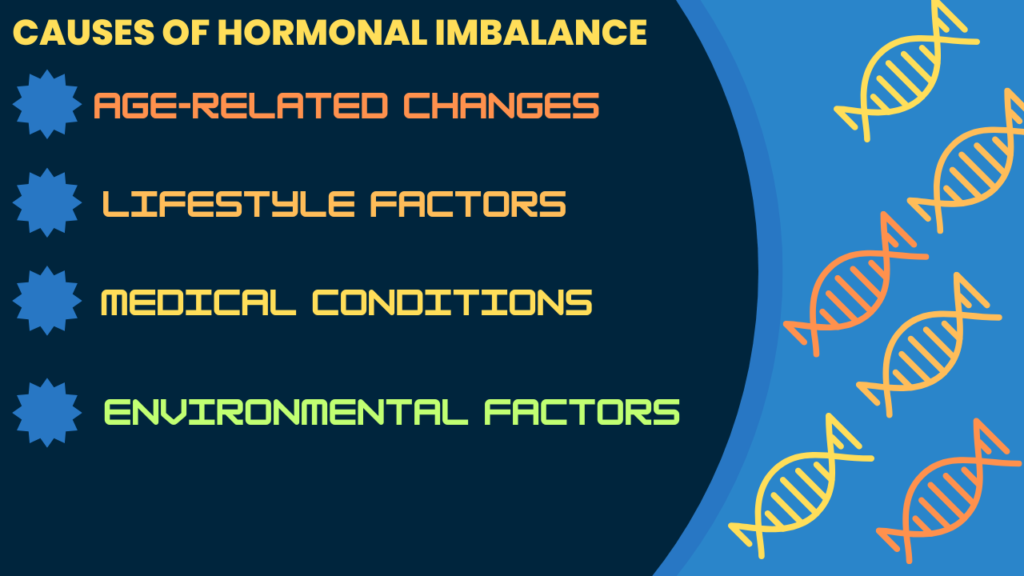
Causes of Hormonal Imbalance in Men:
Knowledge of the causes of hormonal imbalances will go a long way in preventing and treating the condition. Here are some common factors:
Age-Related Changes
One reason for erectile dysfunction among aging males is that natural levels of testosterone fall with age. From the age of 60 or older, we start experiencing so-called andropause which is associated with decreased testosterone levels and some ailments connected with the hormonal system.
Lifestyle Factors
- Diet: Unhealthy diets finally can lead to hormonal imbalance within the body systems of the human body. They also said that the consumption of processed foods and foods high in sugar alters hormone balance.
- Exercise: Living a sedentary life increases body mass leading to altered hormonal balance in the body. Hormonal imbalances are easily corrected through the recommended physical activities in each person’s daily lifestyle.
- Sleep: Impaired quality of sleep may lead to hormonal unbalances. Various analyses give proof that lack of sleep lowers testosterone production.
Medical Conditions
Certain medical conditions can lead to hormonal imbalances:
- Diabetes: A correlation exists between insulin resistance diabetes and testosterone.
- Obesity: Obesity reduces the release of testosterone and causes hormonal imbalance, and high estrogen levels in the body.
- Thyroid Disorders: Hyperthyroidism and hypothyroidism can also influence the hormonal balance within the body, and, consequently, within the particular person.
Environmental Factors
- Endocrine Disruptors: It is well established that the chemicals present in plastics and even in some personal care products have a disturbing effect on hormonal balances. Several studies suggest that people exposed to these disruptors cause hormonal imbalances.
Knowing these causes will assist you in making necessary changes to control your hormonal health.
Diagnosing Hormonal Imbalance:
Must try to get professional advice when handling such problems as may affect hormonal balances. Here’s how the diagnostic process typically works:
When to Seek Help
Do not wait for total hormone imbalance signs, instead, if you see several of them manifesting, make sure to seek medical help. Open recognition dowsing has to be carried out at an early stage.
Diagnostic Tests
Common tests for diagnosing hormonal imbalance include:
- Blood Tests: Blood tests of testosterone and cortisol levels and thyroid profile test.
- Hormone Panels: Hormonal checks can embrace a broad panel of tests that will give a broad perspective of the hormonal balance.
Concerning this, it is important to comprehend the general pattern of diagnosing the disease.
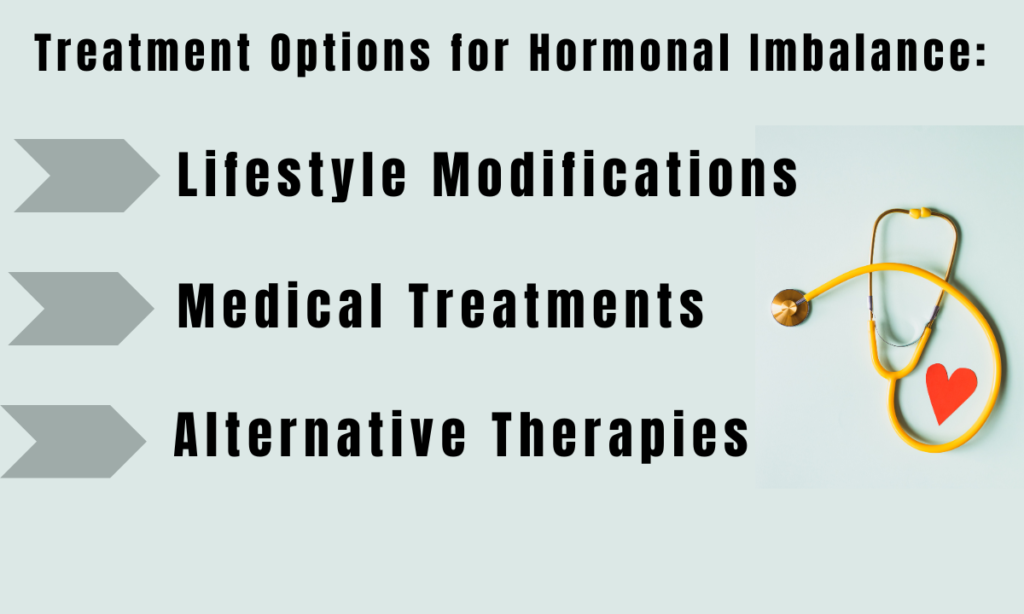
Treatment Options for Hormonal Imbalance:
Once diagnosed, there are several effective treatment options available:
Lifestyle Modifications
- Diet: Concentrate on high-quality foods and extra proteins, fats, and fiber from fruits and vegetables. It is reported that products with zinc and vitamin D or testosterone-boosting foods, such as nuts and fish, contribute to the production of testosterone in the body.
- Exercise: Daily exercise can control weight and hormonal balance can be achieved through exercising. Strength training for example was found to increase testosterone levels.
- Sleep: Have good sleep hygiene concerning the things you do before going to bed. Try to get between 7 and 9 hours of quality sleep per night because that is important for hormones.
Medical Treatments
- Hormone Replacement Therapy (HRT): HRT may be helpful to men with low testosterone levels as indicated earlier. From the sources consulted from the U.S Fund and Drug Administration, HRT has so been known to have benefits such as improving one’s mood energy, and sexual function.
- Medications: The management of a specific hormonal disorder may require the administration of substances that control hormones in the body. For example, drugs for dealing with diabetes regulate hormonal levels and are used for this purpose by influencing insulin production directly.
Alternative Therapies
- Herbal Supplements: Suggested testosterone-boosting herbs include fenugreek and ashwagandha. However, it is necessary to go to a doctor and discuss these options before taking any supplement.
To optimize the care of hormonal health, you must be aware of the treatment options available.
Preventive Measures for Hormonal Health:
It is always easier to prevent a disease than it is to cure it. Here are some steps you can take to maintain hormonal health:
Regular Check-Ups
Hormonal balance can be checked by going regularly for personal health check-ups. Talk to your GP about any symptoms and even how about carrying annual hormone tests as a precaution.

Stress Management Techniques
The article also informs that chronic stress affects hormonal balance. Incorporate stress-reduction techniques such as:
- Mindfulness and Meditation: The cortisol stress hormones can be lowered by practice of mindfulness.
- Exercise: Physical exercise can be really effective for the body and not to mention the mind as well.
Community Support
They are useful while looking for support in such groups or forums. Publishing the experience and, in particular, stories about personal attempts to improve hormonal health can help men feel less alone in their fight.
Conclusion:
It is important to comprehend hormonal health to ensure men’s health. Common features of hormonal disorders may influence a patient’s quality of life greatly, yet prompt diagnosis and treatment can do a lot. It means you are not helpless when it comes to your hormonal imbalance; you can either prevent or treat it through different approaches with lifestyle changes or medical treatment.
If you have some feeling that you have hormonal imbalance you should not wait and see a doctor. Never mind the fact that taking care of your health has not happened in the past; there is always today to begin this important task. When it comes to hormones, if balanced, their wellness impacts the body, feelings, and even thinking profoundly. Okay, so simply being aware is the first step towards harmony and energy.

1. What is hormonal imbalance in men and how can one know that he is suffering from it?
The signs include; tiredness, loss of sexual desire, temper fluctuations, fluctuation in body weight, and problems with concentration and memory. If you find yourself experiencing three out of these five symptoms, it is perhaps high time you seek medical attention.
2. What causes hormonal imbalance in men?
In men, hormonal imbalance can be caused by physical factors such as obesity, medications including corticosteroids and opioids, injuries to the pituitary gland, sarcoidosis, and tuberculosis, which are lung diseases, Klinefelter’s syndrome a genetic condition, and Kallmann syndrome a genetic condition due to mutation of KAL gene.
The hormonal system can be disrupted by procedural modifications, dietary preferences, disease states, and even the environment in which a person lives.
3. How is hormonal imbalance diagnosed?
Diagnosis commonly occurs with the assessment of symptoms and medical history; laboratory studies include endocrine tests ( testosterone, cortisol, thyroid function, etc.).
4. What treatment options are available for hormonal imbalance?
Lifestyle adjustments for herbal changes, increased diet and exercise, improved sleep, hormone replacement therapy (HRT), drugs, and herbal medications.
5. Are these changes in the lifestyle beneficial for hormonal health?
Correct, many changes contributing to the lifestyle have been proven to enhance hormonal balances. Hormonal balance can be achieved by meals rich in protein, fresh vegetables and fruits, exercise routines, sufficient sleep, and unlikely stress factors.
6. Is hormone replacement a safe treatment?
Sexual maturation occurred significantly early among male patients receiving HRT while experiencing few side effects when taking the drugs with a doctor’s supervision. It can assist in the amelioration of some of the conditions associated with low T levels. However, potential risks should be explained to a doctor before taking this infertility treatment.
7. How often should I get a hormone level test?
Worry not, regular check-ups are necessary particularly when you are having signs of hormonal changes in your body. It is advisable to confer with your healthcare provider on this one since your frequency of testing will depend on factors such as your medical history.
8. Is there a natural way to take supplements for hormonal wellness?
Certain natural supplements may help with hormone regulation; ashwagandha is one, and fenugreek is another. Still, it is good to seek the permission of a doctor when beginning any supplement to know if they are suitable for one or not.
9. It is pertinent to ask; is hormonal imbalance a cause of mental health disorders?
Indeed, hormones play a major role in mental illness and affect anxious or depressive-type symptoms, respectively. Hormonal problems can be solved and this will have a positive impact on the health of persons both physically and mentally.

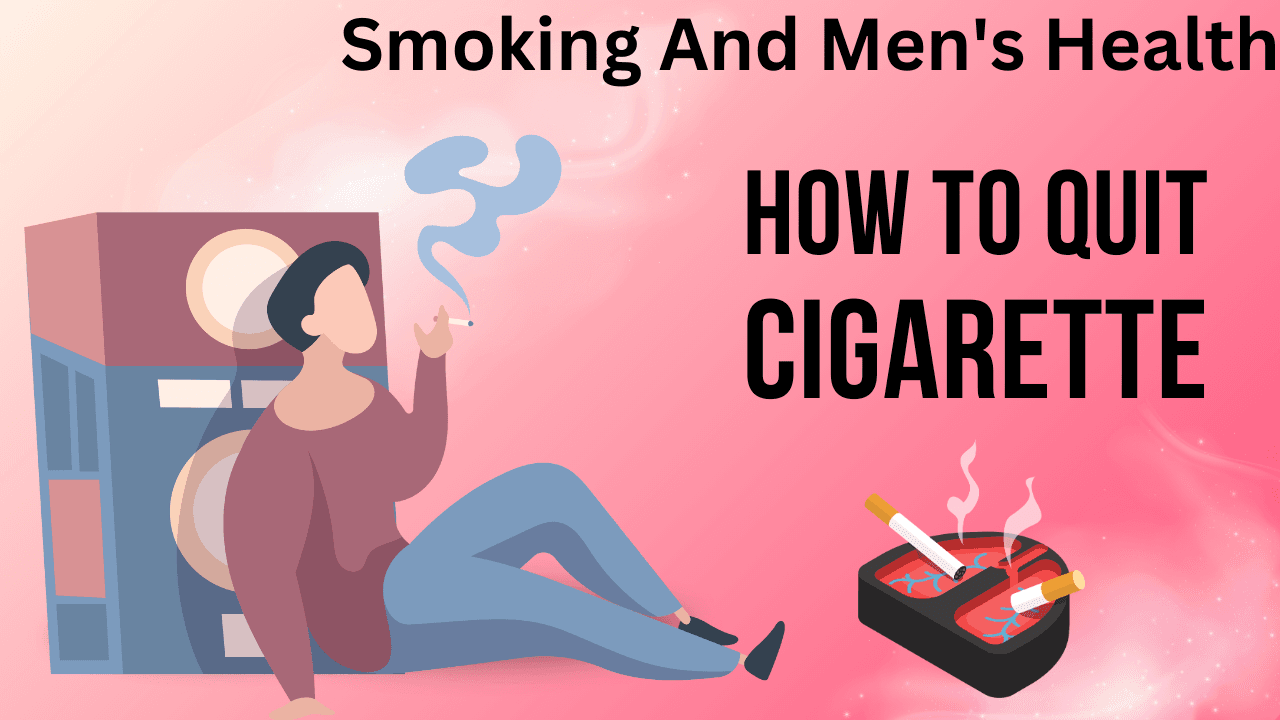
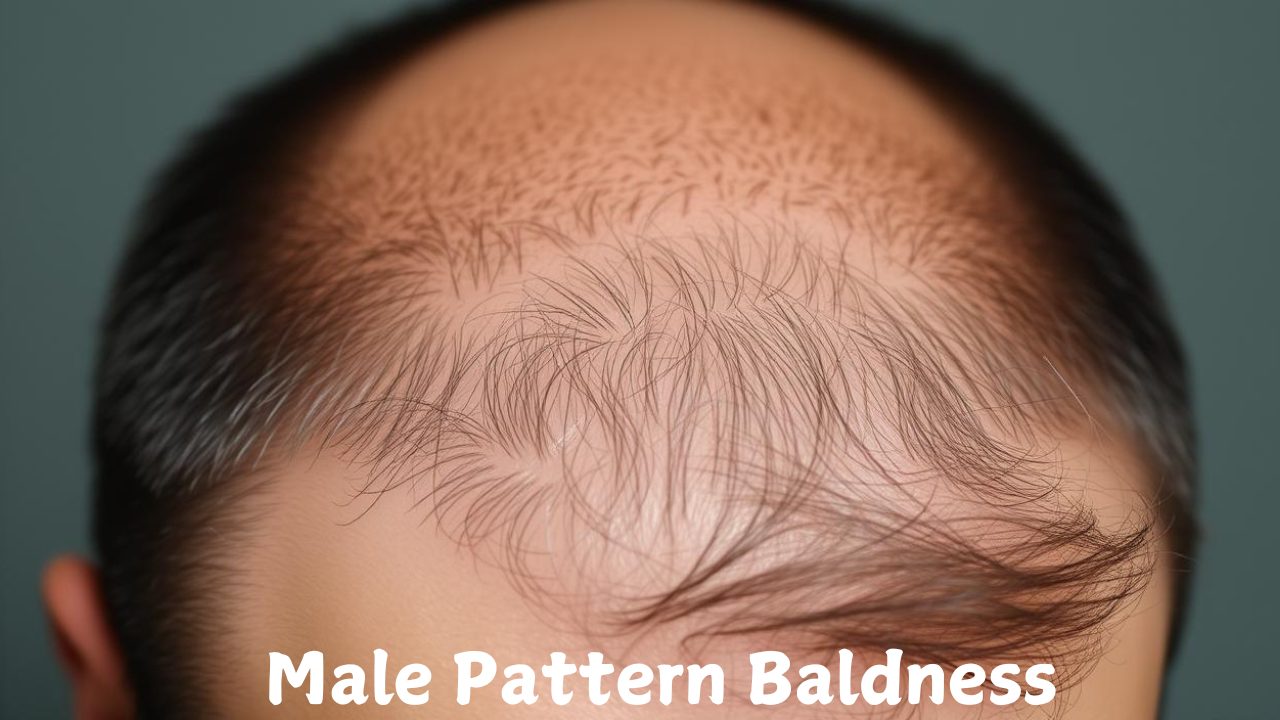



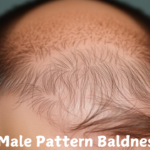






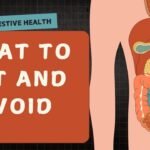



8 thoughts on “Men’s Hormonal Health: Symptoms and How to Treat”